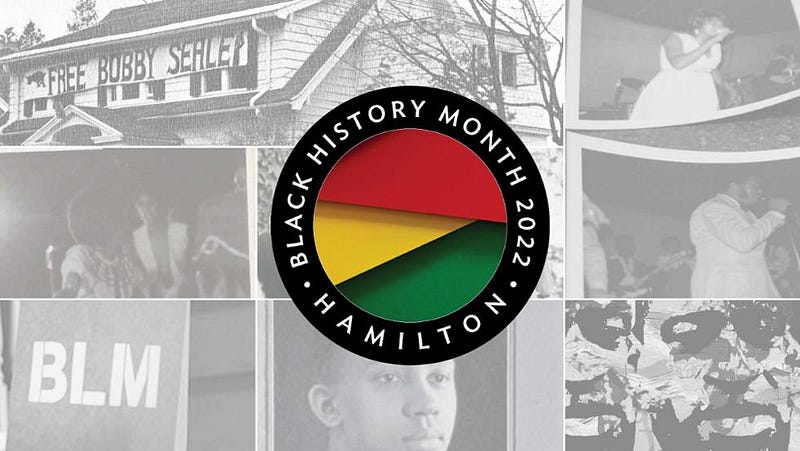
I attended office hours last week for a class I am taking this semester on Blackness. A tendency of mine is to wander into the working spaces of my professors with no specific topic in mind and hope a thought-provoking thesis or sentiment surfaces once I sit across from my professor. But on this very rare occasion, I happened to have something to discuss, something to hopefully provoke thought.
February is Black History Month in the United States (U.S.). Some call it African-American History Month. I hear this is a very important period for remembering and rendering weight to the history of the African diaspora and its impact on many communities across the U.S. Of course, this is a diminished definition of what this month means to this country. One can go deep into its resounding role in contemporary societies and still leave plenty to learn.
With a table dividing my professor and me, the questions that came from my end were around our class readings, and extensively, the course subject matter. I queried as to why we largely focused on Blackness in the context of the United States when it extends beyond its borders. Surely there cannot be a mention of the Black self without ties to the African continent, or to Blackness as it is experienced in other parts of the world?
I was not sure what answer to expect from my professor. I was not sure if my question warranted an answer. I have ascertained that topics such as these need to be tackled with delicacy, a grace that cannot be confined to a 15-minute back-and-forth.
My professor acknowledged the limitation in the way we learn about Blackness in class and at Hamilton. They assured me that as the course progressed, we would stray further from the States and consider other contexts, but they also affirmed that the United States is the focal point of our class. They then urged me to find connections between the material we intake with my own experience as a Black international student who is learning what it means to be Black at this college, a student who is not as well-versed in the histories that have defined the Black identity in this country.

The purpose of this piece is not to bash the exclusionary aspects of “Black” History Month or a Hamilton education; I imagine one article would not suffice for either. However, the conversation I had with my professor brought about intentional introspection, something I think to be a product of successful and conducive discourse.
As I examined myself, I realized I need to be careful so as to avoid forcibly foisting my context and perspective on others without offering room to hear and learn about them. While my own experience of Blackness deserves distinction, so does that of others. As I give to the broader conversation, I must also let it pour into me. This is not to gaslight myself, but rather to seize my opportunity to take in perspectives other than my own, lest I remain selfish and ignorant. Perhaps in hearing from another, I might find myself in their story. Can we not learn without humility?
There are two sentiments I want to submit to this community as we continue honoring the history of Blackness. The first: in a month where Feb Fest flashes and flaunts its fun and festive fêtes, may we not forget that we also have the duty and opportunity of reflection in this time. Let us ask ourselves what it is that we are doing — as individuals — to learn about the Black experience in different contexts. This has to be the month we at least try to do so, yes? If we are to be transparent, there has been very little mention of Black History Month at Hamilton beyond the occasional Days-Massolo Center email announcing its sparsely attended events, ones which I myself have struggled to consistently attend. We can do more, and we must. I dream of one day seeing an ice sculpture carved at Hamilton in remembrance of Blackness.
The second point I want to push across is that if we choose to engage in learning about Black experiences, let us do so with intentionality. Often, when we attend events and programming around these topics, we do so out of necessity rather than want. Our demeanor and lack of engagement afterwards betray such apathy. The danger in this is that our caring becomes baseless, for we leave these conversations as empty as we entered. In turn, we waste our hours where, moored to our perfunctoriness, no growth may occur. Let us instead
want
to be involved and present.
I am not sure what I will say the next time I head to office hours. That being said, I am confident that if I decide to listen intently during this period, I just might find myself.
















